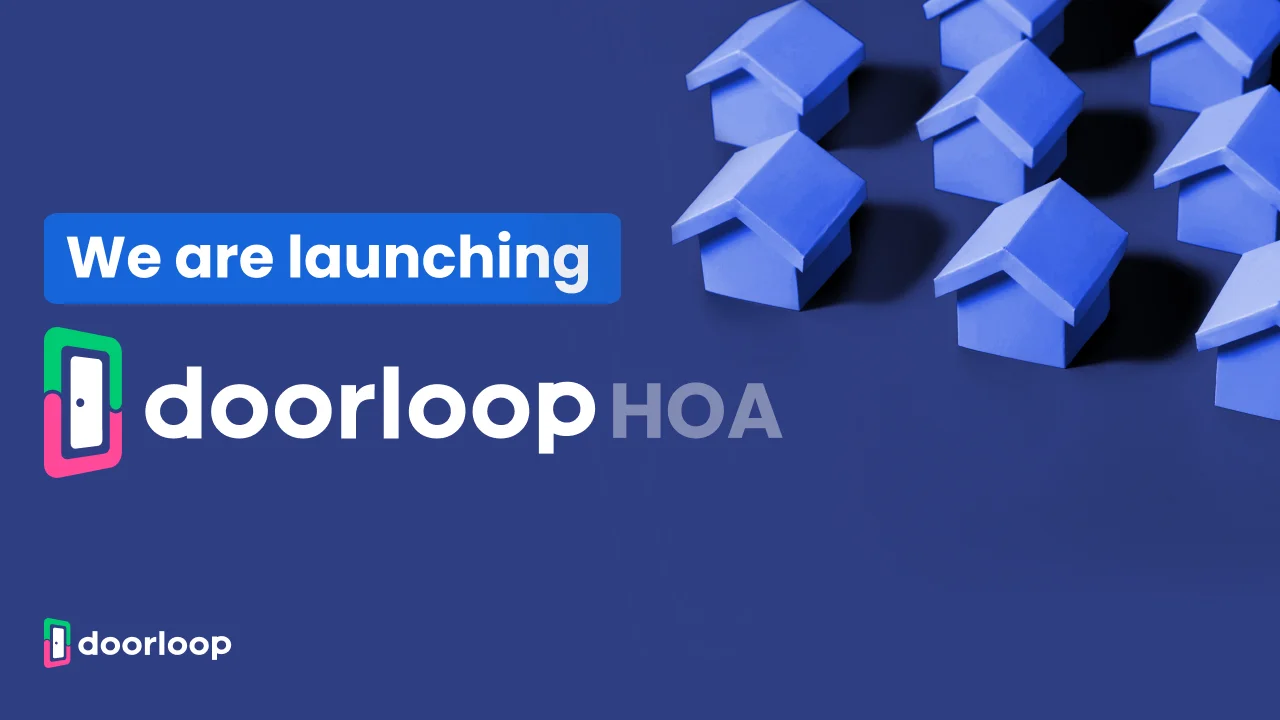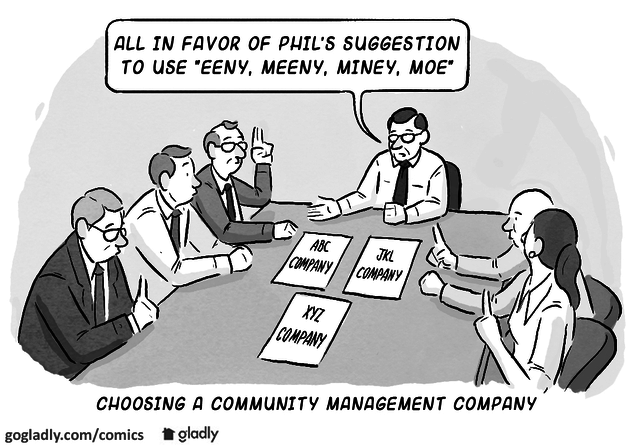From Financials to Maintenance: Mastering the Art of HOA Management for Neighborhood Organizations
Taking care of a neighborhood organization calls for a delicate balance in between economic responsibilities, effective interaction, and efficient maintenance operations. From supervising budgets and financial statements to collaborating upkeep jobs and enforcing guidelines and guidelines, HOA administration can be a complicated art that requires a varied collection of abilities. In this conversation, we will explore the various facets of HOA monitoring, from the details of monetary administration to the significance of maintaining a well-functioning area. By diving into these essential areas, we intend to supply useful insights and strategies for understanding the art of HOA administration, leaving you furnished with the knowledge and devices required to navigate the challenges that might develop within your neighborhood organization.
Understanding Financial Obligations
What are the essential economic obligations that community associations require to comprehend and manage successfully? Community associations play an essential role in handling the funds of their neighborhoods. hoa management san antonio. To make certain the monetary health of the association, a number of vital responsibilities need to be understood and handled properly
Most importantly, area associations have to establish and maintain a comprehensive budget plan. This entails accurately approximating expenses and profits resources, such as monthly fees, special analyses, and rental income. A well-planned spending plan permits organizations to allocate funds for required costs, such as upkeep and fixings, insurance premiums, and reserve funds for future capital jobs.
One more crucial monetary obligation is the collection of evaluations and fees. Community associations should ensure timely and efficient collection of these costs to cover functional expenditures and preserve the monetary stability of the association. This includes implementing a clear and clear settlement plan, attending to delinquencies quickly, and enforcing any necessary lawsuits.
Furthermore, community associations need to keep precise financial documents and prepare normal monetary statements. These declarations give a clear image of the organization's monetary health, including revenue, costs, and gets. Normal monetary reporting permits board members and property owners to track the organization's monetary performance and make educated decisions regarding budgeting and investing.
Finally, neighborhood organizations need to abide by all applicable monetary policies and tax needs. This consists of filing income tax return, keeping correct documents, and adhering to any kind of legal commitments associated to economic administration.
Reliable Communication and Cooperation
Effective interaction and collaboration are crucial for successful HOA monitoring and fostering a natural area. Neighborhood organizations count on efficient interaction to disseminate crucial details, address issues, and make certain transparency. A regular and clear line of communication between the HOA board, citizens, and home administration is important for a well-functioning area.
One way to promote efficient interaction is via routine e-newsletters or e-mails that provide updates on neighborhood occasions, tasks, and important announcements. This enables citizens to remain educated and engaged in the community. Additionally, establishing open lines of communication with neighborhood discussion forums or community hall conferences can provide a platform for locals to voice their viewpoints, ask inquiries, and add to decision-making procedures.
Cooperation is just as vital in HOA management. Encouraging collaboration among board committees, members, and residents promotes a feeling of possession and shared duty. By involving locals in the decision-making process and actively seeking their input, the neighborhood association can develop an extra unified and comprehensive setting.
To assist in efficient collaboration, HOA management need to develop clear goals and objectives, delegate responsibilities, and urge team effort. Routine meetings, both informal and official, supply a chance for stakeholders to talk about ideas, address issues, and work in the direction of typical objectives. By promoting a collective environment, area associations can harness the diverse abilities, understanding, and viewpoints of their citizens to drive positive adjustment and enhance area living.
Simplifying Maintenance Procedures
Enhancing maintenance procedures is important for efficient and cost-efficient HOA administration. By implementing reliable techniques, area associations can make certain that maintenance jobs are brought out efficiently and in a timely fashion, reducing disturbances and making best use of resident fulfillment.

Furthermore, using modern technology can significantly improve upkeep operations. Implementing a digital upkeep monitoring system (CMMS) allows associations to track job orders, timetable preventive maintenance, and maintain an arranged record of maintenance activities. This not just boosts efficiency however likewise gives a answerable and clear system for both residents and administration.
Additionally, contracting out particular maintenance tasks can also enhance procedures. By working with specialized contractors Learn More for tasks such as pool maintenance or landscape design, organizations can make sure that these jobs are taken care of by professionals with the necessary expertise, liberating internal resources to concentrate on various other facets of HOA management.
Focusing On Rules and Regulations
To ensure efficient and organized neighborhood living, focusing on and implementing policies and guidelines is vital for efficient HOA management. hoa management san antonio. Community organizations depend on a collection of guidelines to maintain a harmonious setting and shield home values. By plainly specifying and prioritizing rules and regulations, HOA administration can ensure that homeowners recognize their duties and expectations
One of the initial steps in focusing on regulations and guidelines is to determine those that are most essential for the area's wellness. This may include conducting an extensive review of the existing regulations and guidelines and identifying any kind of spaces or locations that need improvement. It is important to involve community participants in this process to ensure their buy-in and to address any type of pointers or issues they might have.
Once one of the most important policies and regulations have been recognized, HOA management need to ensure that they are successfully connected to residents. This can be done with numerous means, such as newsletters, e-mails, area meetings, and publishing notices alike locations. Clear and regular communication is crucial to make certain that locals are conscious of the policies and guidelines and comprehend the effects of non-compliance.
Enforcement of policies and policies is just as vital in maintaining a well-functioning community. HOA management should establish a fair and regular enforcement procedure, which might consist of cautions, penalties, and other appropriate measures. hoa management san antonio. It is essential to strike a balance between implementing the regulations and guidelines and preserving favorable relationships with locals
Navigating Legal and Conformity Issues
Navigating legal and conformity problems is essential for HOA administration to guarantee adherence to guidelines and legislations. Neighborhood associations should operate within the bounds of the law to keep the trust fund and self-confidence of property owners and stakeholders. Failure to abide with lawful requirements can result in lawful conflicts, fines, and damage to the association's online reputation.
To navigate these concerns effectively, HOA monitoring must stay upgraded on federal, state, and local regulations that regulate area organizations. This includes recognizing regulations pertaining to reasonable housing, employment, building, and tax management. Conformity with these laws entails carrying out plans and procedures that secure the civil liberties of property owners and make certain transparency in operational and monetary issues.
Along with legal commitments, HOA management should additionally abide with the association's regulating papers, such as the laws, conditions, agreements, and limitations (CC&R s) These files describe the policies and laws that govern the neighborhood and might consist of arrangements regarding residential property upkeep, architectural guidelines, and dispute resolution processes.

Verdict
Finally, grasping the art of HOA management for community organizations calls for an extensive understanding of monetary obligations, efficient communication and partnership, enhancing upkeep procedures, focusing on regulations and laws, and browsing lawful and compliance issues. By successfully implementing these strategies, community organizations can make certain the smooth performance and general well-being of their communities.
By diving right into these crucial areas, we aim to provide beneficial understandings and methods for grasping the art of HOA management, leaving you equipped with the expertise and devices needed to navigate the obstacles my review here that might arise within your area organization.
Community organizations play a crucial role in handling the finances of their areas. Community organizations should make certain effective and prompt collection of these visit the site fees to cover functional expenses and preserve the financial stability of the organization. By fostering a joint environment, neighborhood organizations can harness the diverse abilities, knowledge, and point of views of their homeowners to drive positive modification and enhance neighborhood living.
To browse these issues successfully, HOA monitoring ought to remain upgraded on federal, state, and regional regulations that govern neighborhood organizations.